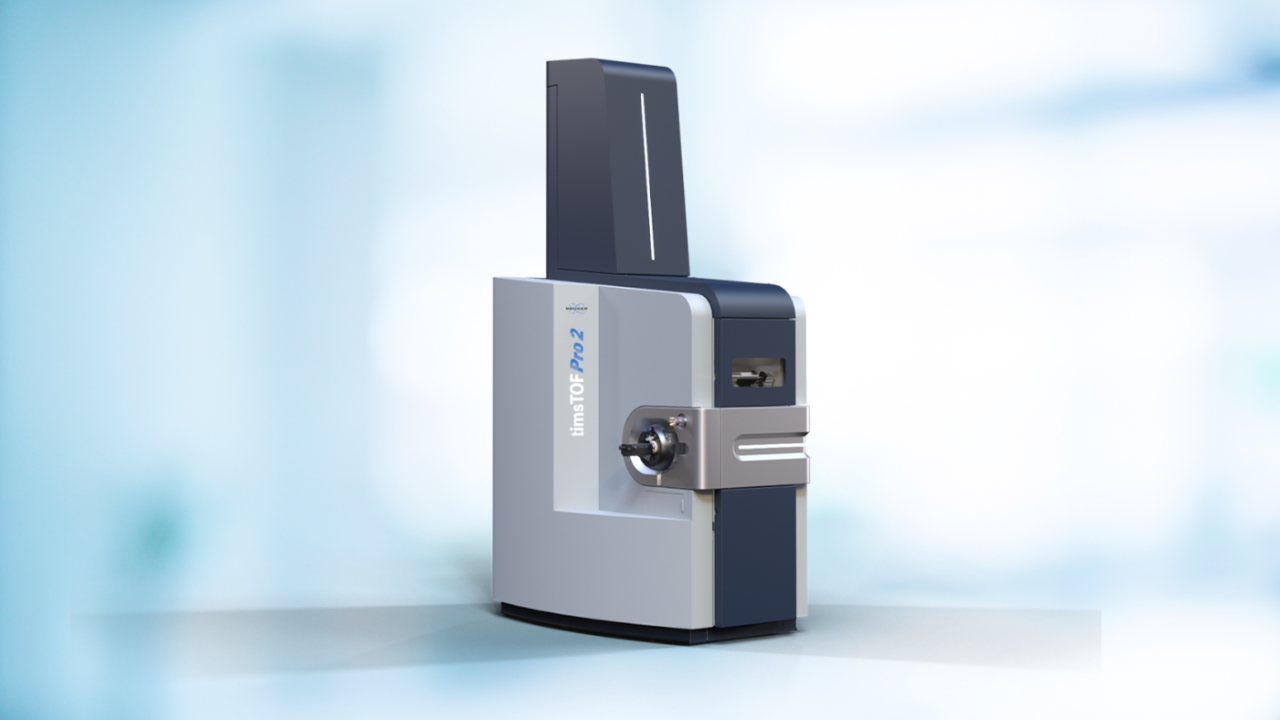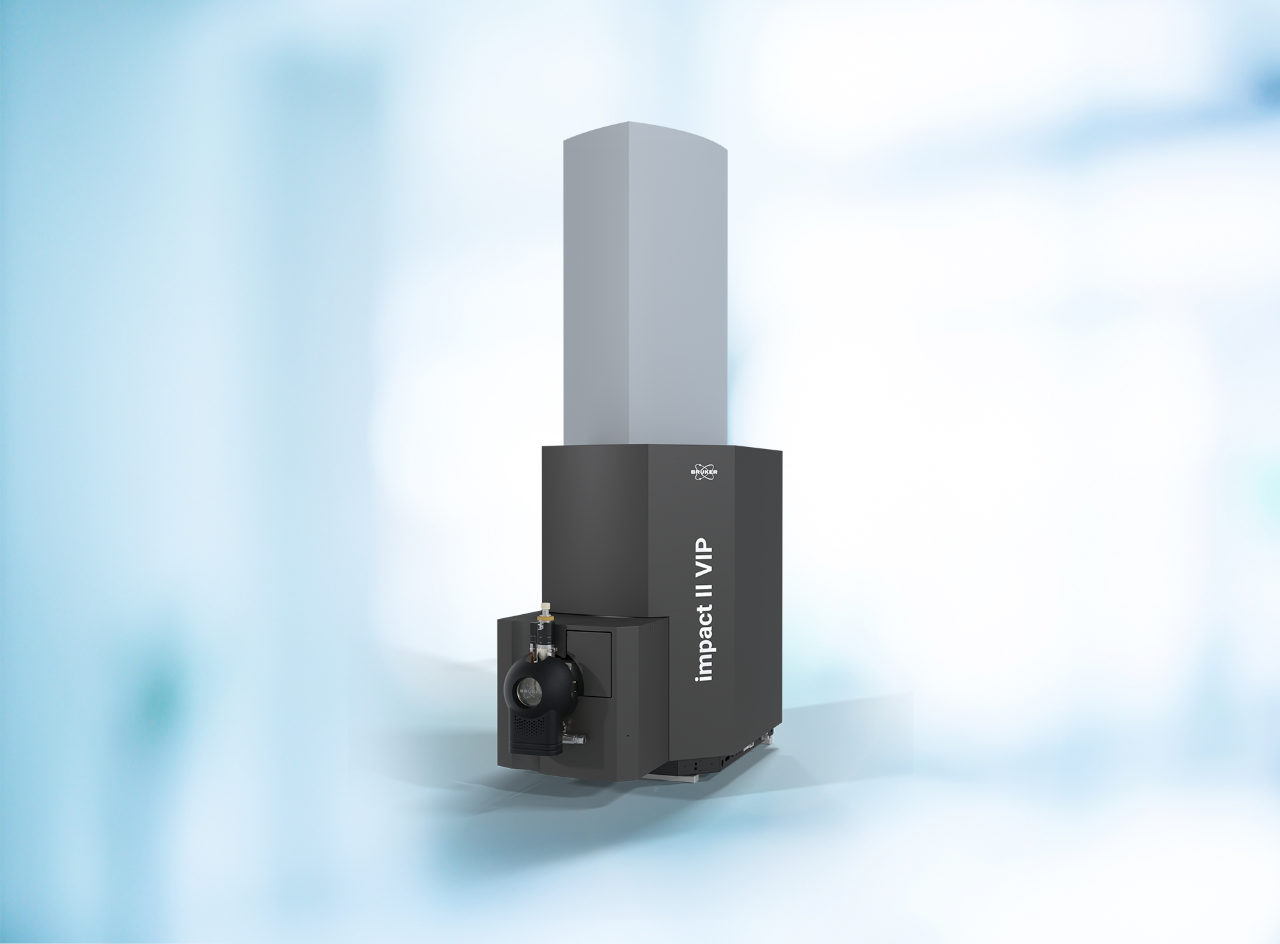

Advancing discoveries in healthy aging
Introduction
Researchers at the Walter & Eliza Hall Institute (WEHI), Melbourne, Australia, in Melbourne, Australia, are using advanced mass spectrometry to understand how protein changes in our body influence the health of our aging population.
Dr. Andrew Webb, Associate Professor and Head of the Walter & Eliza Hall Institute (WEHI) Proteomics Laboratory, one of Australia’s leading biomedical research organizations, is using the Bruker timsTOF Pro and Impact II to apply the latest proteomics methods and investigate how the biological foundations laid down during gestation and childhood affect development. The powerful computational resources enable Dr. Webb and his team to obtain new insights in how diseases develop, spread and respond to treatment.
Dr. Andrew Webb, Walter and Eliza Hall Institute (WEHI)
Proteomics research in aging-related diseases
Mass spectrometry (MS)-based proteomics is one of the most powerful scientific tools available to measure the behavior of proteins, metabolites and lipid molecules. The technology allows measurement of the molecules over time, giving insight into the fundamental molecular causes of disease.
Complete proteome coverage presents a challenge because of the limited sensitivity and resolution of mass spectrometers. The novel design of the Bruker timsTOF Pro features parallel accumulation-serial fragmentation (PASEF®) technology to provide extremely high speed and high sensitivity to reach new analytical depths in shotgun proteomics.
Clinical and biological phenotypes arise from the composition of biomolecules and their organization in tissue and cells. This presents two related challenges – firstly defining the type of molecular information needed and secondly creating the tools and methods required for measurement and analysis. Their combined development will, in future, give scientists the tools to make new predictions from molecular measurements. Advances in sample preparation, instrumentation and bioinformatics are paving the way towards a more comprehensive understanding of post-translational regulation, cell signaling and protein interactions.
Large scale datasets
The timsTOF Pro provides the high-throughput technology needed to generate large scale datasets in a shorter timeframe than before, increasing the depth and quality of experiments. The acquisition time of samples using the previous method of LC-MS ranges from five minutes to one hour. The use of the timsTOF Pro gives the flexibility to control speed and sensitivity to accommodate a wide range of conditions.
The long-term signal stability of the timsTOF Pro is essential. Dr. Webb comments: “The stability of the Bruker instrument is one of its key selling points. Long periods of consistent signal are important. I truly believe this is one of the most fundamental advances in the MS field in the past 15 years, which is going to have a significant impact on the clinical biomarker space.
“Our work is focused on addressing some of the biggest – and growing – health challenges facing humanity. The timsTOF Pro is set to play a key role in how we proceed in the proteomics research of the future.”
For Research Use Only. Not for use in clinical diagnostic procedures.




